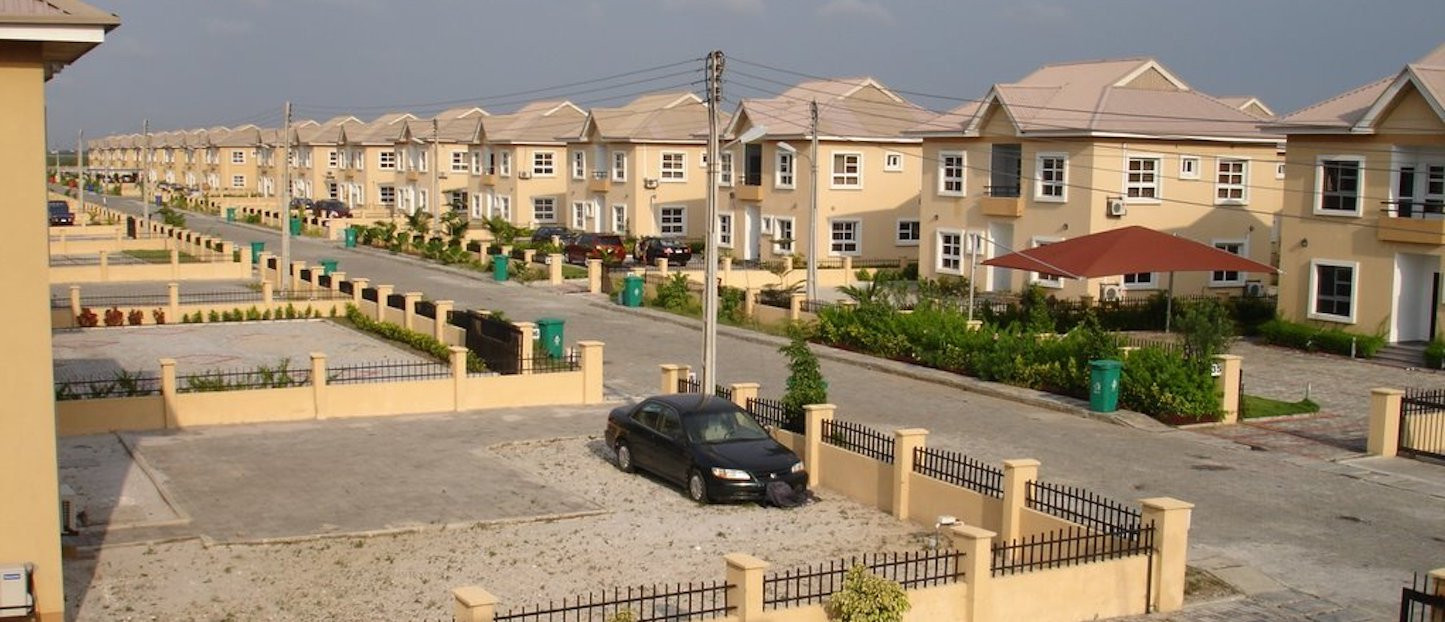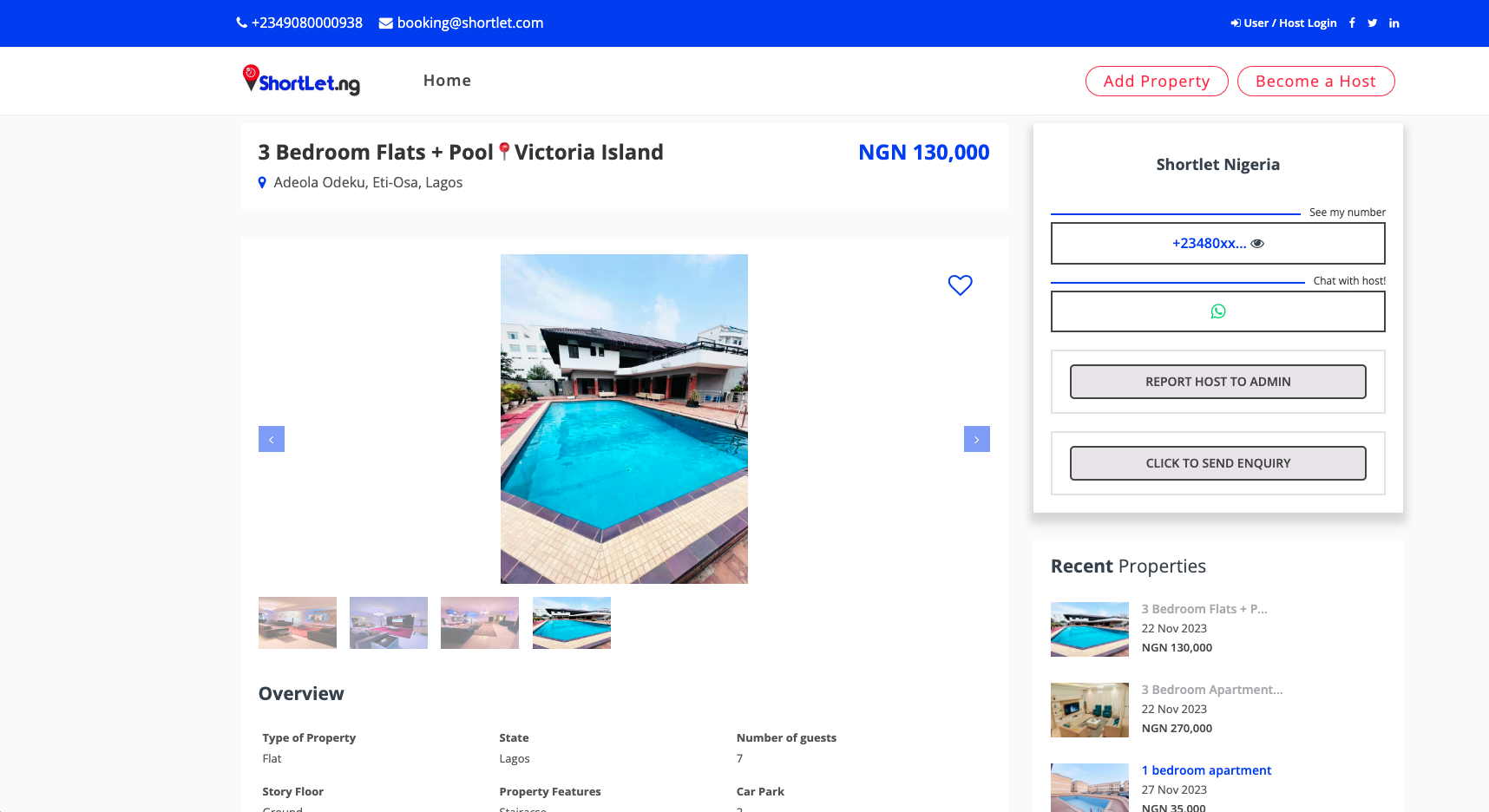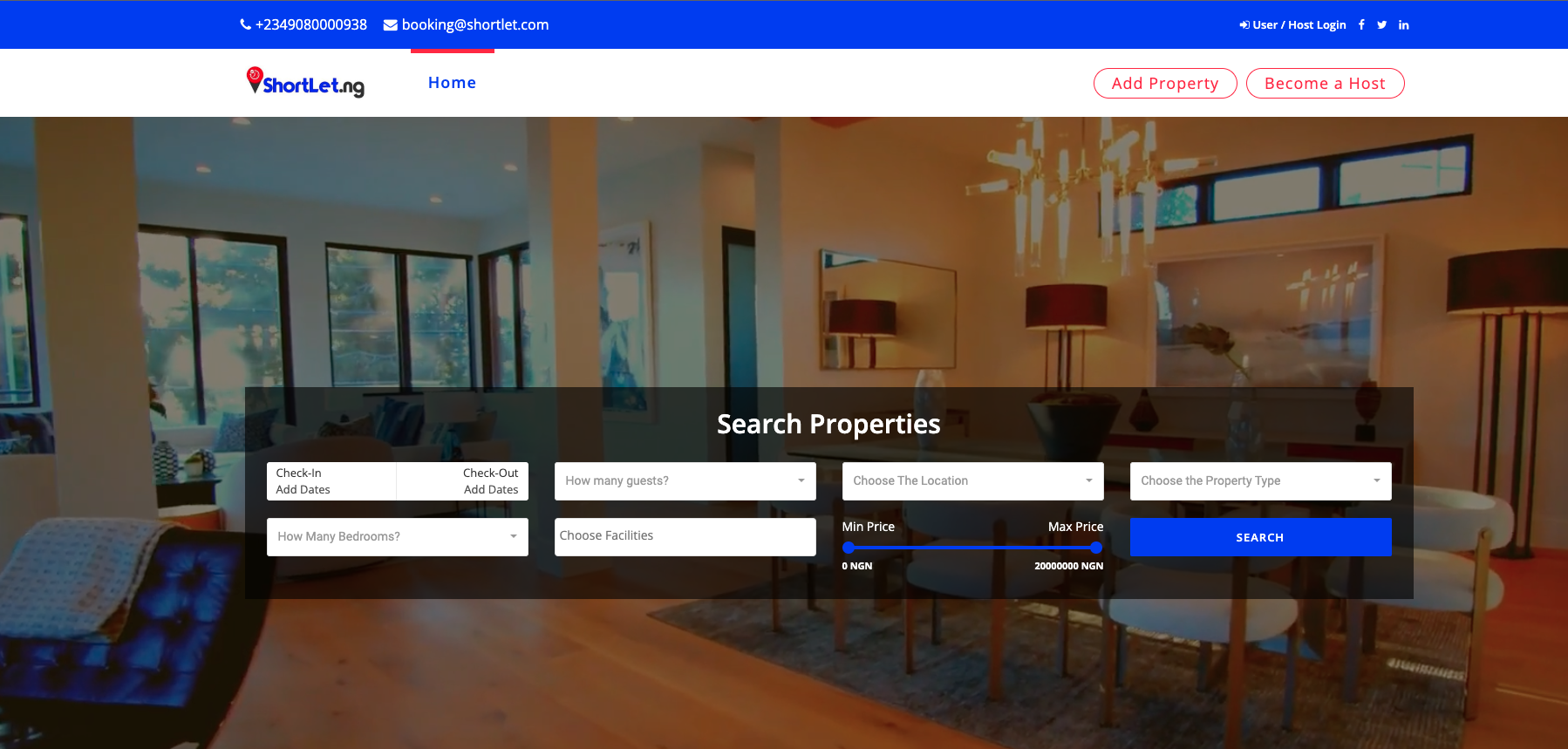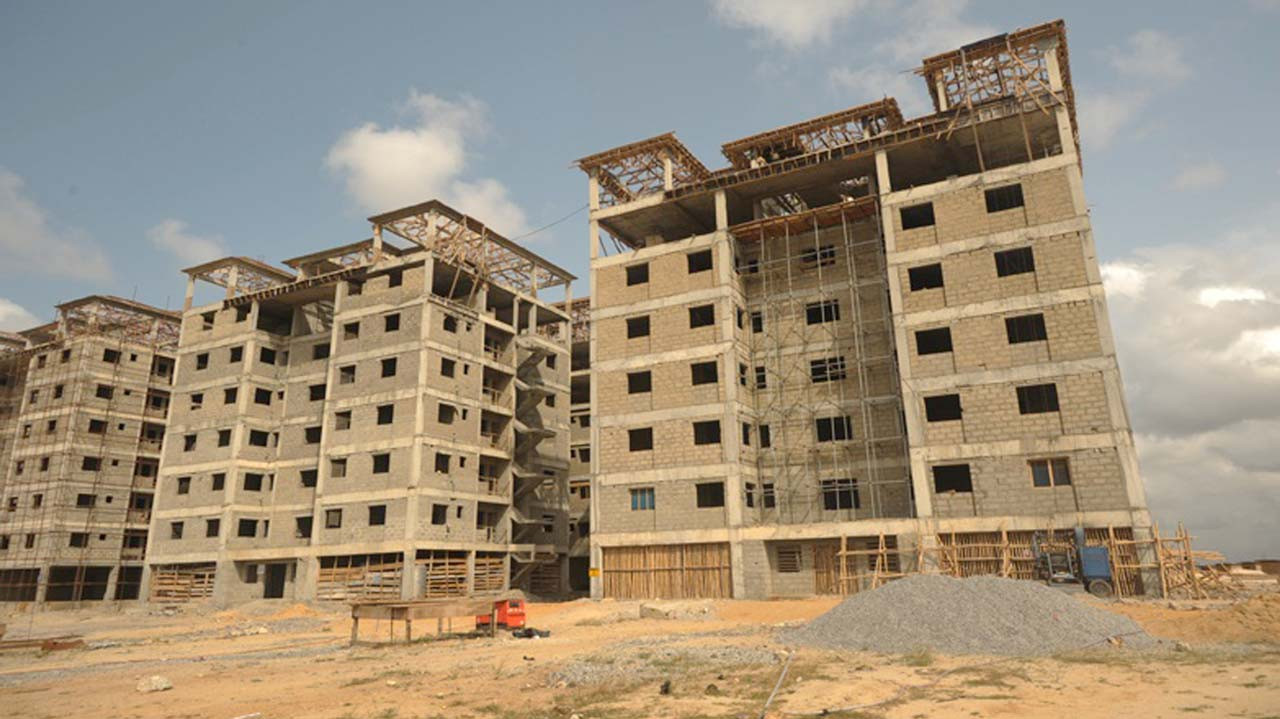
Investing in Nigerian Real Estate
The Nigerian real estate market stands as one of the most dynamic and promising sectors in the country. With a population of over 200 million people and a growing middle class, Nigeria offers an enticing landscape for real estate investors, developers, and homebuyers. In this blog post, we'll take an in-depth look at the current state of the Nigerian real estate market, its key features, and the factors that make it an attractive arena for investment and development.
1. Market Size and Significance:
- Nigeria boasts a massive real estate market that covers a wide range of property types, from residential and commercial properties to mixed-use developments.
- The real estate sector plays a significant role in Nigeria's economy, contributing substantially to GDP and employment generation.
2. Urbanization and Population Growth:
- The urbanization rate in Nigeria is steadily rising, with more people moving to cities in search of better opportunities.
- This demographic shift drives the demand for housing, infrastructure, and commercial spaces.
3. Economic Prospects:
- Nigeria's economy is diverse, with a strong presence in industries such as oil and gas, telecommunications, and agriculture.
- A stable and growing economy is an important factor for real estate development and investment.
4. Key Cities for Real Estate Investment:
- Several Nigerian cities are emerging as hotspots for real estate investment, including Lagos, Abuja, Port Harcourt, and Kano.
- Each of these cities has its own unique characteristics and opportunities for real estate development.
5. Property Types:
- Nigeria's real estate market offers a variety of property types, including residential apartments, single-family homes, office spaces, retail outlets, and industrial facilities.
- The diversity of property options caters to the needs of different investors and homebuyers.
6. Government Initiatives:
- The Nigerian government has implemented various policies and initiatives to support the growth of the real estate sector.
- These initiatives may include incentives for affordable housing, infrastructure development, and land acquisition.
7. Challenges and Opportunities:
- The Nigerian real estate market is not without its challenges, including issues related to land documentation, infrastructure gaps, and regulatory hurdles.
- However, these challenges also present opportunities for innovative solutions and investment.
8. Market Trends:
- Stay up-to-date with the latest trends in the Nigerian real estate market, such as the rise of eco-friendly developments, smart homes, and technology integration.
9. Future Outlook:
- The future of the Nigerian real estate market is promising, with opportunities for growth and development.
- Projections and forecasts for the real estate sector highlight its continued importance to the Nigerian economy.





